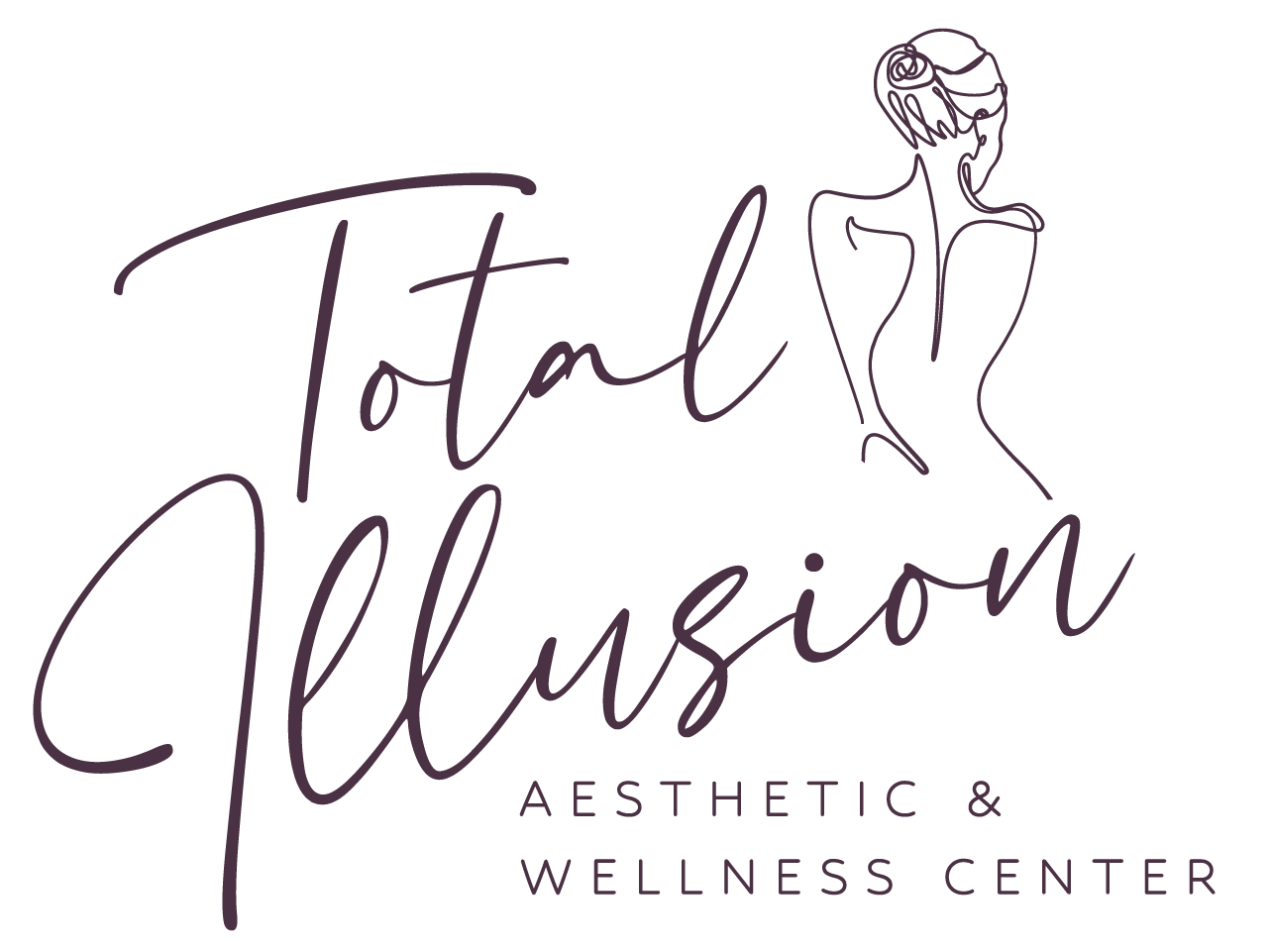Part 4: The Stress-Hormone Spiral — How Cortisol Hijacks Your Brain
Have you ever felt “wired but tired”—too exhausted to focus, but too restless to relax? Or noticed that the more stressed you are, the foggier, more anxious, and less motivated you feel?
That’s not weakness. That’s cortisol at work.
Cortisol is your body’s main stress hormone. In short bursts, it’s helpful: it wakes you up in the morning, mobilizes energy, and sharpens focus in a crisis. But when stress becomes chronic, cortisol flips from friend to foe. Instead of protecting you, it starts hijacking your brain.
How Cortisol Works
Cortisol is produced by your adrenal glands and follows a daily rhythm—peaking in the morning and tapering off at night. Ideally, this helps you wake up alert, stay steady during the day, and wind down at bedtime.
But modern life doesn’t play by nature’s rules. Deadlines, constant notifications, late nights, processed food, and emotional stress all push cortisol out of sync. Instead of a healthy rise and fall, cortisol gets stuck on “high alert”—or bottoms out completely.
The Cortisol-Brain Connection
When cortisol spirals out of control, your brain takes the hit:
Memory & Focus 🧠
Chronic cortisol exposure shrinks the hippocampus, the brain’s memory center. That’s why stress makes you forgetful or scatterbrained.Mood & Anxiety 🌪️
Cortisol interacts with neurotransmitters like serotonin and dopamine. High levels make you edgy and anxious; low levels leave you flat and unmotivated.Sleep & Recovery 🌙
Elevated nighttime cortisol disrupts melatonin, leading to insomnia. Over time, poor sleep feeds back into higher cortisol—a vicious cycle.Decision-Making ⚖️
Stress hormones push your brain into survival mode, favoring impulsive, short-term decisions (like reaching for sugar or skipping workouts).
This is what I call the Stress-Hormone Spiral: stress raises cortisol → cortisol disrupts your brain → poor sleep, cravings, and anxiety raise more stress.
Breaking the Spiral
The good news? Cortisol is trainable. Just like you can build muscle with reps, you can retrain your stress response with consistent habits.
✨ 3 Tools to Reset Cortisol & Reclaim Your Brain
Morning Light, No Screens
Get 10 minutes of natural light within an hour of waking. It anchors your cortisol rhythm and boosts mood.Breathwork & Stress Pauses
Practice 5 minutes of slow breathing or box breathing during the day. It tells your nervous system, “You’re safe.”Protein at Breakfast
A high-protein, low-sugar meal stabilizes blood sugar and prevents mid-morning cortisol spikes.
When You Need Extra Support
Sometimes lifestyle tweaks aren’t enough. That’s where personalized care comes in. Testing your cortisol rhythm, optimizing hormones, and using therapies like ExoMind neuromodulation can reset stress pathways, calm the brain, and restore resilience.
Final Word
If you feel burned out, foggy, or anxious, it’s not because you’re failing—it’s because your cortisol is in overdrive. By breaking the stress-hormone spiral, you can protect your brain, balance your mood, and reclaim your ability to thrive.
Up next, the final part of in the series: Part 5: Rewire & Restore — How to Build a Brain-Optimizing Routine. In this final post, we’ll pull everything together into a simple, sustainable plan to protect and elevate your brain health.


